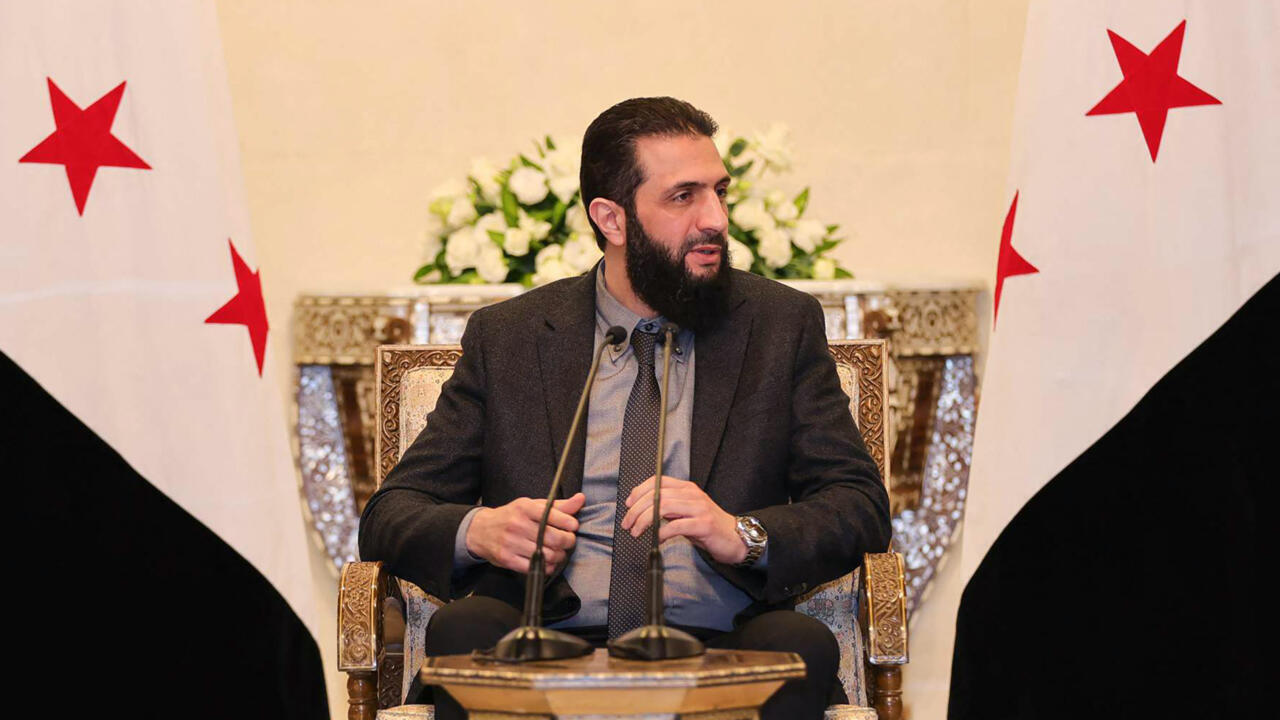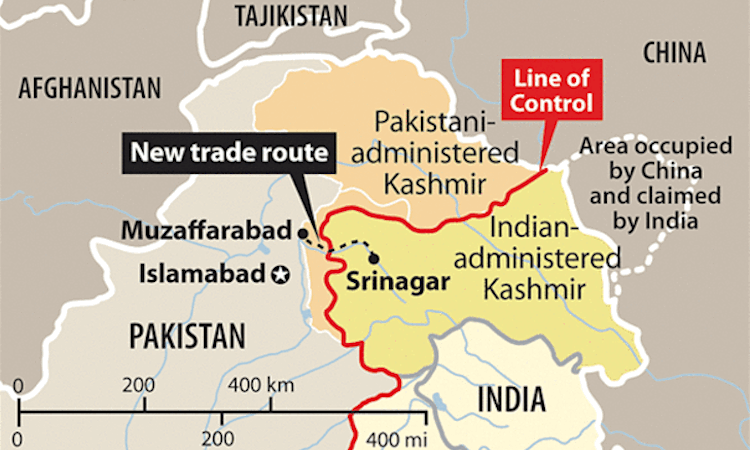After half a century of failed ‘peace initiatives’, ‘road maps’, ‘deals of the century’ and ‘shuttle diplomacy’, peace appears to be breaking out all over the middle east – without any help at all from Uncle Sam. It seems that the biggest contribution to peace that can be made by the United States is via its absence from the scene.
Not that Washington has been twiddling its thumbs all the while. But trying to wage a proxy war against Russia turns out to be more complicated and perilous than US president Joe Biden bargained for, especially when his reluctant European allies are scrambling for the exit, Russia’s courageous war of resistance is standing firm, and President Vladimir Putin, so far from facing popular revolt and regime change, is riding high in the polls.
China and Russia lead a quiet revolution in the middle east
But time waits for no man. Whilst the collective west has been fighting to the last drop of Ukrainian blood, emptying its arsenals to feed a much-trumpeted ‘spring offensive’ that is looking more dubious by the day, China and Russia have been diligently negotiating a series of bilateral diplomatic forays which, taken all together, amount to a quiet revolution in the middle east.
China’s near-miraculous feat of reconciling the Saudis with the Iranians has been followed by Russian talks with Saudi Arabia, Turkey and Syria, raising the prospect of an end to the war in Syria and the latter’s resumption of its rightful place in the Arab League.
Al Jazeera reports: “Syrian president Bashar al-Assad has met with Saudi foreign minister Prince Faisal bin Farhan al-Saud in the most significant step yet towards ending Syria’s decade-long regional isolation. Prince Faisal landed in Damascus on Tuesday, Syrian state media reported, a week after his Syrian counterpart visited Saudi Arabia. The visit is the first by a Saudi official to Syria’s capital since the start of the country’s civil war in 2011.”
The report noted: “diplomats from nine Arab countries met in the Saudi city of Jeddah to discuss ending Syria’s long spell in the diplomatic wilderness and its possible return to the 22-member Arab League after Damascus was suspended in 2011.” Al Jazeera points out that “regional capitals have gradually been warming to al-Assad as he has clawed back most of the territory lost to rivals, with crucial backing from Russia and Iran”. (Saudi foreign minister meets Syria’s Assad in Damascus, 18 April 2023)
Russian diplomacy has also concentrated on forging a rapprochement between Syria and Turkey. Whilst President Assad refuses to meet directly with Turkish premier Recep Tayyip Erdogan until such time as Turkish-backed forces are withdrawn from Syria, “Turkish and Russian officials say preparations are being made for a meeting between deputy foreign ministers of Turkey, Syria and Iran ahead of planned talks between foreign ministers.
“Assad acknowledged the role played by Russia in encouraging a rapprochement between Erdogan and himself. ‘We trust the Russian side, which has played a mediator role to facilitate the communications, but within the basis of Russian policy of respecting sovereignty of states, and the exit of illegal foreign forces from Syrian territory,’ Assad said,” adding that of course the presence of Russian troops in Syria was legitimate as his government had requested Moscow’s support. (Syria’s Assad says he won’t meet Erdogan until Turkey ends its ‘occupation’ by Suleiman al-Khalidi, Reuters, 16 March 2023)
Inexorable rise of the Brics
Running in parallel with these shifting patterns of allegiance in the middle east has been the steadily increasing gravitational pull exercised by the Brics alliance, comprising Brazil, Russia, India, China and South Africa. Iran and Argentina recently applied to join, and Saudi Arabia, Turkey and Egypt are on course to do the same.
The Russian president recently announced plans for Brics to create a new ‘basket-based’ global reserve currency, comprising the Brazilian real, Russian rouble, Indian rupee, Chinese renminbi and South African rand, and posing an alternative to the International Monetary Fund’s special drawing right (SDR) – a major step towards the dedollarisation of the world economy and the end of the US-dominated global system of imperialist economic blackmail.
It might have given some modicum of comfort to President Biden had his inaction over developments in the middle east been compensated for by some encouraging news on the war front in Ukraine. This was not to be, however.
“Ukraine’s ever-imminent counteroffensive will attempt to retake Russian-seized territory most likely in the east and south, though for operational reasons no senior officials from Kiev have detailed specifics.
“Publicly, President Joe Biden’s team has offered unwavering support for Ukraine, pledging to load it up with weapons and economic aid for ‘as long as it takes’. But, if the impending fighting season yields limited gains, administration officials have expressed privately that they fear being faced with a two-headed monster attacking it from both the hawkish and dovish ends of the spectrum.
“One side will say that Ukraine’s advances would’ve worked had the administration given Kiev everything it asked for, namely longer-range missiles, fighter jets and more air defences. The other side, administration officials worry, will claim Ukraine’s shortcoming proves it can’t force Russia out of its territory completely.
“That doesn’t even account for the reaction of America’s allies, mainly in Europe, who may see a peace negotiation between Ukraine and Russia as a more attractive option if Kiev can’t prove victory is around the corner.” (Biden’s team fears the aftermath of a failed Ukrainian counteroffensive by Jonathan Lemire and Alexander Ward, Politico, 24 April 2023)
Meanwhile, progressive humanity is cheering to see that the end of the wars in Syria, Iraq and Yemen are all finally within sight, while the positions of the USA and its remaining proxy Israel look increasingly shaky. Nothing could more eloquently give the lie to the fairy tales of Russian and Chinese ‘imperialism’ than these people-centred results of their actions in the region.
In the early days of the Bolivarian revolution, the great Venezuelan revolutionary Hugo Chávez put on record his gratitude to the Iraqi resistance for putting fire under the feet of US imperialism and giving his people a space in which to advance while Uncle Sam was bogged down elsewhere. We can be sure that he would today be cheering on Russia’s antifascist war of national resistance and thanking those involved for providing a similar breathing space to progressive forces in other parts of the world, amongst them those who have seized the opportunity to further the cause of anti-imperialist liberation in the middle east.
Truly, our struggles against imperialism are one and the same.
Victory to the resistance!
















